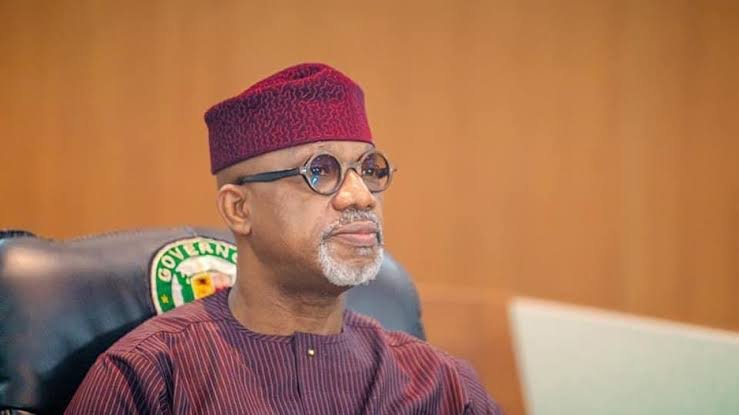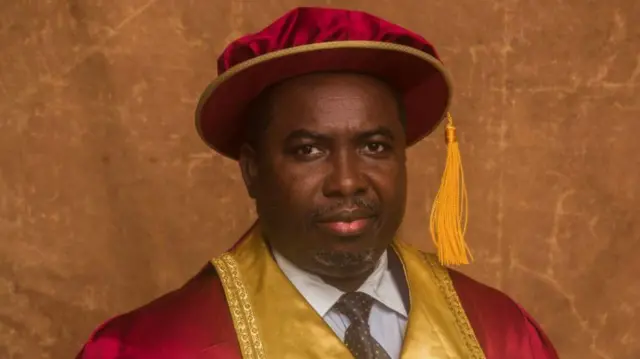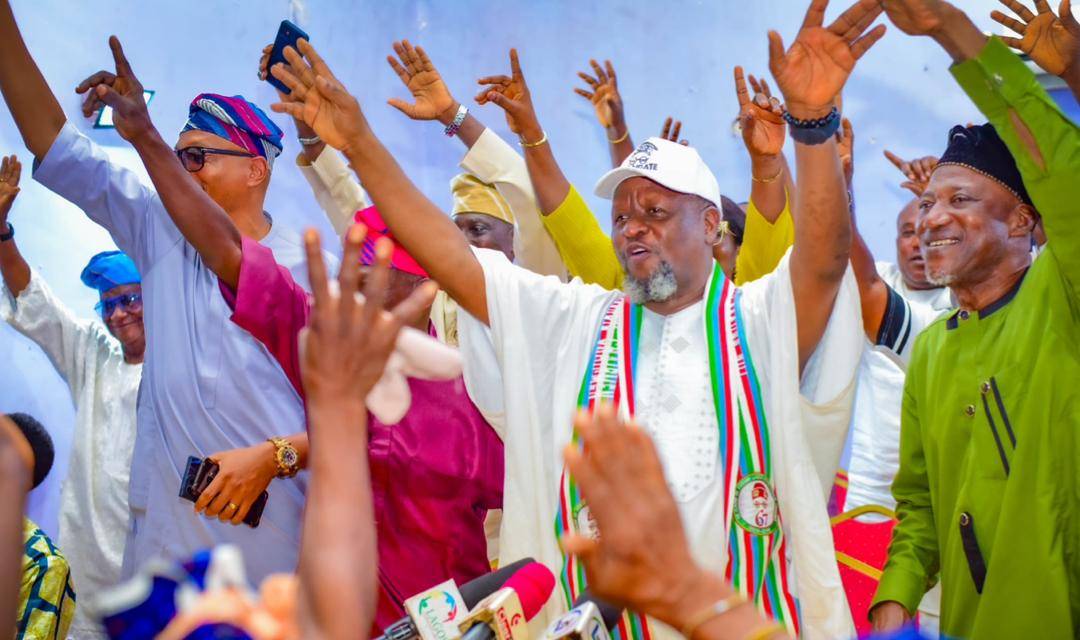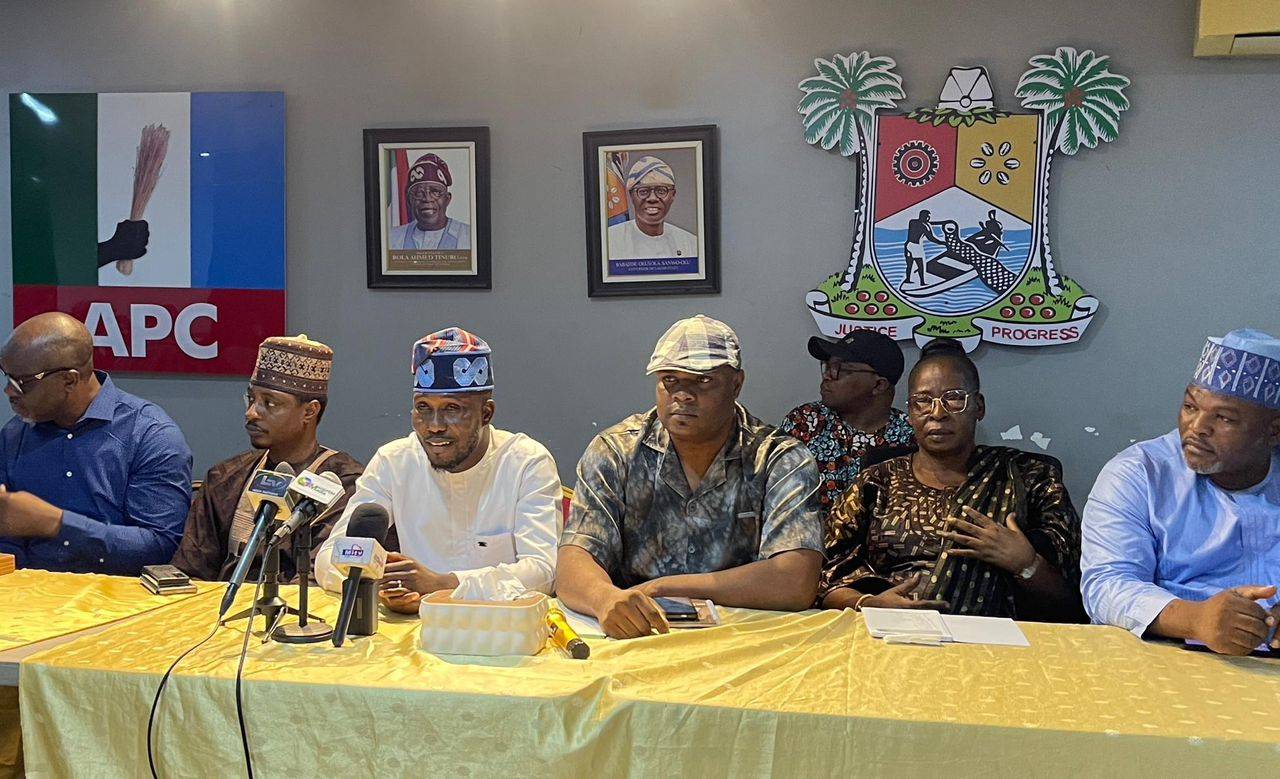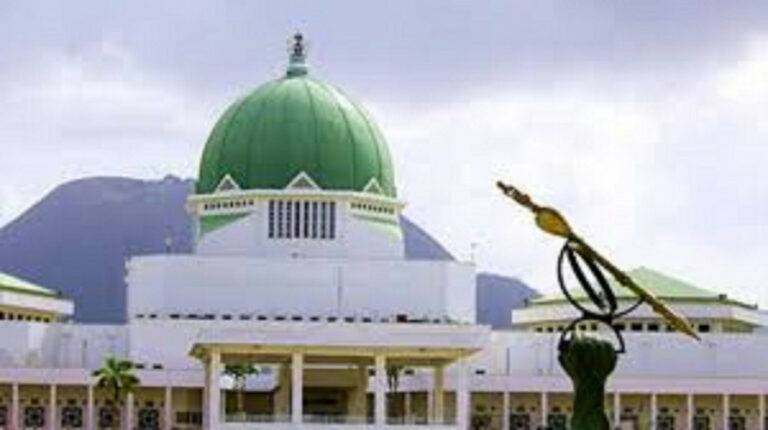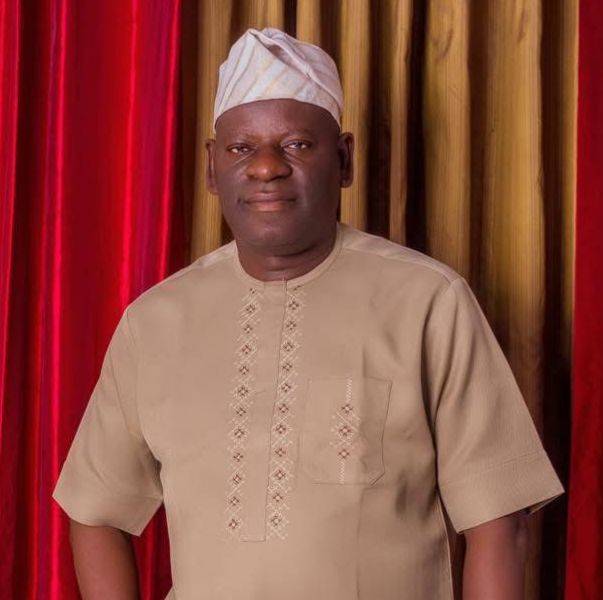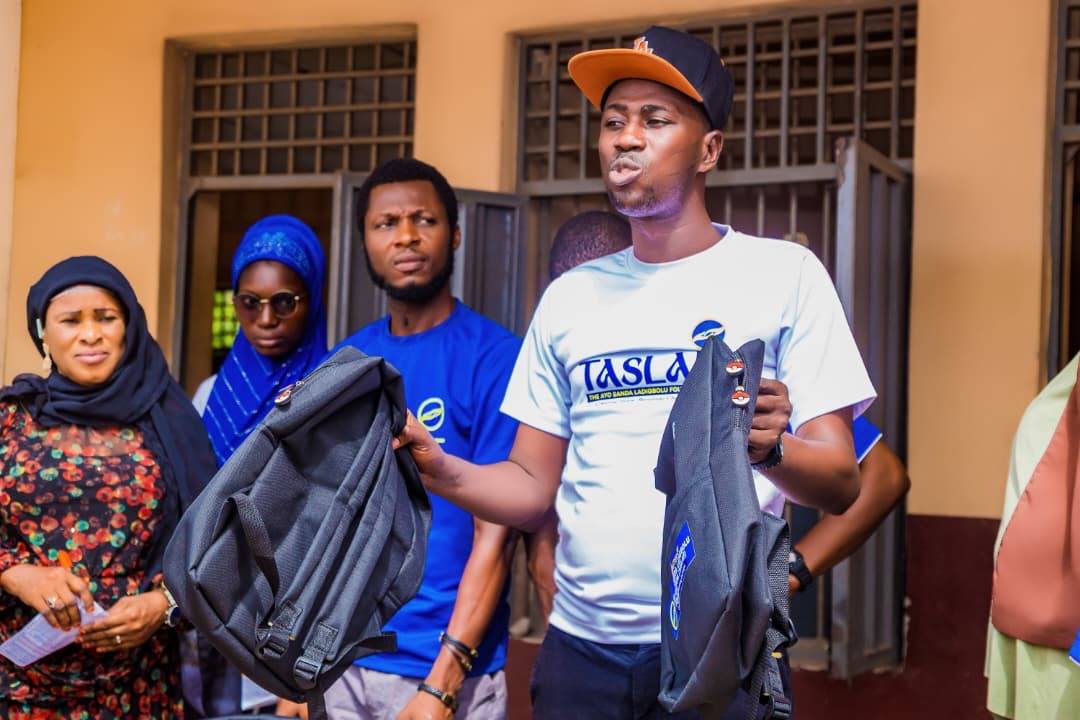By Kunle Somorin
Governor Dapo Abiodun of Ogun State commenced the week on a positive note. His fellow governors from the 17 states in Southern Nigeria entrusted him with leadership for the next few years. Elected as the new chairman of the Southern Governors’ Forum, with Anambra State Governor Professor Charles Soludo as his deputy, Abiodun’s election within the confines of his own courtyard in Abeokuta is no small achievement. I extend my congratulations to this esteemed leader.
Succeeding a man of remarkable intellect like former Ondo State Governor Rotimi Akeredolu, and having a world-class economist such as Chukwuma Soludo as his second-in-command, presents challenges beyond mere ceremonial duties. This is a weighty call to service – one that demands more than street-smarts, eloquence, or business acumen. Abiodun, however, recognizes the gravity of the tasks ahead. In expressing his gratitude to the governors, he vowed to justify their trust.
In his own words: “I want to thank all the Governors for convening in Abeokuta today for our first meeting in approximately three years. This gathering underscores our commitment and determination to ensure that the Southern States occupy their rightful place… I also express gratitude for the confidence placed in myself and Professor Soludo, and I pledge that we will prove worthy of this trust.”
The fact that the governors conducted their meeting behind closed doors – with 13 sitting governors and three represented by their deputies – highlights why the five executive hours should be a topic of public discourse. Abiodun and Soludo inherit a comatose Southern Governors’ Forum, which, despite its noble founding purpose in 2000 – to foster regional cooperation and unity among the 17 Southern states in Nigeria – has become a cacophony of voices. Initially formed to coordinate the fight for resource control, advocate for devolution of powers, and address the onshore/offshore dichotomy, it now grapples with duplicity, treachery, and undermining of its core ethos due to political expediency. These internal challenges weaken the collective bargaining power of the forum.
Consider the case of former Governor Ifeanyi Okowa, who initially championed the SGF’s resolution demanding a Southern presidency in 2023, when he hosted their meeting two years earlier. Against the Asaba Declaration, the resolution he personally read and became the most vociferous advocate, he later switched allegiances, becoming the running mate to former Vice President Atiku Abubakar – a Northerner – thereby contradicting his earlier stance. Okowa’s reversal has been perceived as a betrayal by his fellow Southern governors, who once regarded him as a crucial ally in their pursuit of power-sharing. His shift appears driven by political expediency, prioritising his own relevance over the collective interest. That is the SGF that has been thrust on the slender shoulder of the gangling businessman-turned-politician.
The SGF not only faces ineffectiveness in addressing regional issues, including insecurity and economic development, but also lacks cohesion and consistency in common things like meetings and decisions. Having its last meeting convened over three years ago reveals internal political differences and rivalries among member states. Enforcing agreements, such as the ban on open grazing, remains a challenge. Additionally, limited engagement with other regional bodies like the Northern Governors’ Forum and the federal government underscores the need for Abiodun and Soludo to find solutions. The hiatus can be seen in the absence of Rivers state governor, Siminalaye Fubara and the having their meeting on the day the North Western Governors Forum had their own meeting on a disparate agenda are more than meet the eyes occurrences.
For me, the most pressing challenges confronting Governor Dapo Abiodun’s Southern Governors’ Forum at the time of Abiodun-Soludo’s election should be the minimum wage question and the legal action instituted against state governors regarding local government autonomy. The longstanding dispute between the two tiers of government pertains to the allocation and control of funds designated for local governments, which has sparked intense controversy.
In accordance with the Constitution, local governments are entitled to a degree of autonomy in their administration and finances, distinct from state governments. However, this has not been consistently observed, as governors have persistently sought to exert control over this tier of government, often to the dismay of advocates for democratic and federal principles.
In some instances, elected officials have been supplanted by caretaker committees, further exacerbating the issue. Governors have been accused of infringing upon local government autonomy, misappropriating funds intended for development projects, and abusing their power, to the extent that some have concluded that that tier of government is dead.
In response, the Federal Government feels legal action is the propitious path to thread in order to enforce compliance with constitutional provisions and prevent further abuses. The governors have offered their defence, but the Supreme Court will ultimately adjudicate the matter.
The significance of local government autonomy in ensuring effective governance, development, and service delivery at the grassroots level is unequivocal. By pursuing legal action, the Federal Government seeks to promote transparency, accountability, and good governance practices in Nigeria’s local government system. The manner in which the SGF under Governor Abiodun addresses this issue will indelibly mark his legacy. He will also be subject to scrutiny from the court of public opinion and the weight of moral accountability of workers’ welfare package.
Nigeria, a nation blessed with abundant human and natural resources, has long grappled with governance challenges and one of the most critical issues facing the country is the failure of governors to effectively govern their states and drive meaningful development. The SGF, established to foster collaboration and synergy among governors from the southern region, has failed to meet expectations.
Governors have been accused of misappropriating state funds for personal gain, leading to a lack of transparency and accountability in government. Even when all of them will vowed with their parent graves not many citizens are pacified by their alibi. This has hindered development in various states, as funds intended for infrastructural development, healthcare, and education have been diverted at the discretion of the Governors, who claimed they augment federal allocation to LGAs to ensure their survival.
•Somorin wrote from Abeokuta


